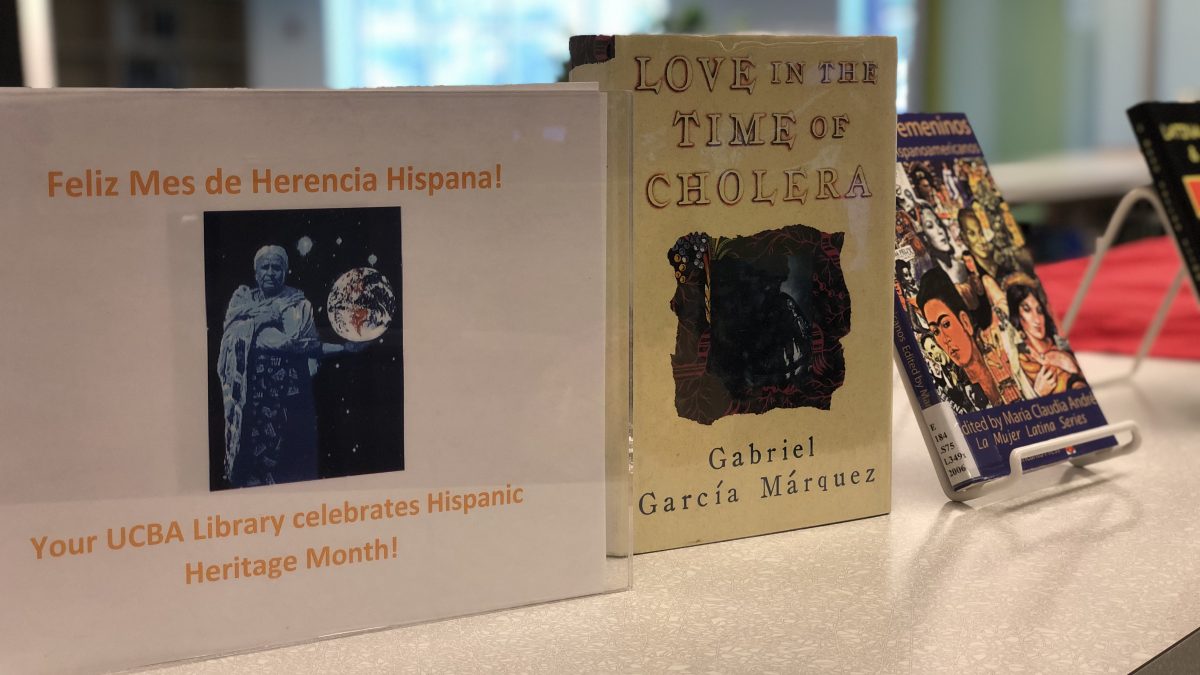by Christian Boyles
You know a bit about them from the hit musical….Now, you can get the rest of the story.
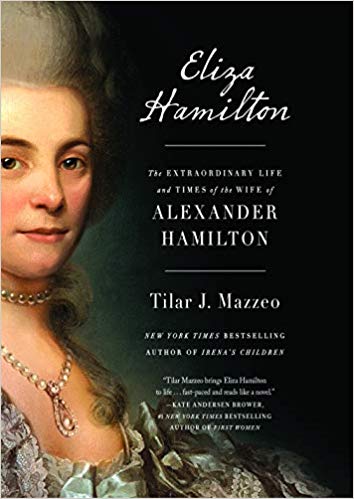
Eliza Hamilton: The Extraordinary Life and Times of the Wife of Alexander Hamilton
A strong pioneer woman, a loving sister, a caring mother, and in her later years, a generous philanthropist, Elizabeth “Eliza” Schuyler Hamilton had many sides. Mazzeo follows Eliza through her early years in New York, into the ups and downs of her married life with Alexander, beyond the aftermath of his tragic murder, and finally to her involvement in many projects that cemented her legacy as one of the unsung heroes of our nation’s early days.
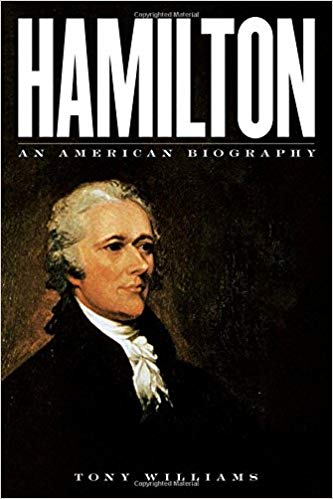
Hamilton: An American Biography by Tony Williams
Tony Williams provides readers with a concise biography that traces the events and values that enabled Hamilton to rise from his youth as a dispossessed orphan to Revolutionary War hero and Founding Father, a life uniquely shaped by America and who, in turn, contributed to the creation of the American regime of liberty and self-government. He was one of key leaders in the American Revolution, a chief architect of America’s constitutional order of self-government, and the key figure in Washington’s administration creating the institutions that governed America. Williams expertly weaves together biography with historical events to place Hamilton as one of the most important founding fathers.
Are they checked out? Don’t worry, we’ve got you covered.
James Madison and the Making of America (E342 .G88 2012): James Madison, our fourth President and icon of the conservative movement. In it, the author, a historian looks beyond Madison’s traditional moniker, “The Father of the Constitution”, to find a more complex and realistic portrait of this influential Founding Father. Instead of an idealized portrait of Madison, the author treats readers to the story of a man who often performed his founding deeds in spite of himself: Madison’s fame rests on his participation in the writing of The Federalist Papers and his role in drafting the Bill of Rights and Constitution. Yet, he thought that the Bill of Rights was unnecessary and insisted that it not be included in the unamended Constitution which, he lamented, was entirely inadequate and, likely, would soon fail.
Ladies of Liberty: the Women that Shaped Our Nation (E302.5 .R64 2008): Cokie Roberts sheds new light on the generation of heroines, reformers, and visionaries who helped shape our nation with this blend of biographical portraits and behind-the-scenes vignettes chronicling women’s public roles and private responsibilities. Drawing on personal correspondence, private journals, and other primary sources–many of them previously unpublished–Roberts brings to life the extraordinary accomplishments of women who laid the groundwork for a better society. Alm
ost every quotation here is written by a woman, to a woman, or about a woman.
The History of the United States – The Founding Fathers of the United States (streaming film): A fascinating, in-depth study of the founding fathers of the United States. Learn about the cultures and societies upon which they based the U.S. government and discover the influence of Egyptian, Greek and Native American cultures on our own. This program discusses the former system of government our founders took notice of most and explore the origin and creation of the Declaration of Independence.


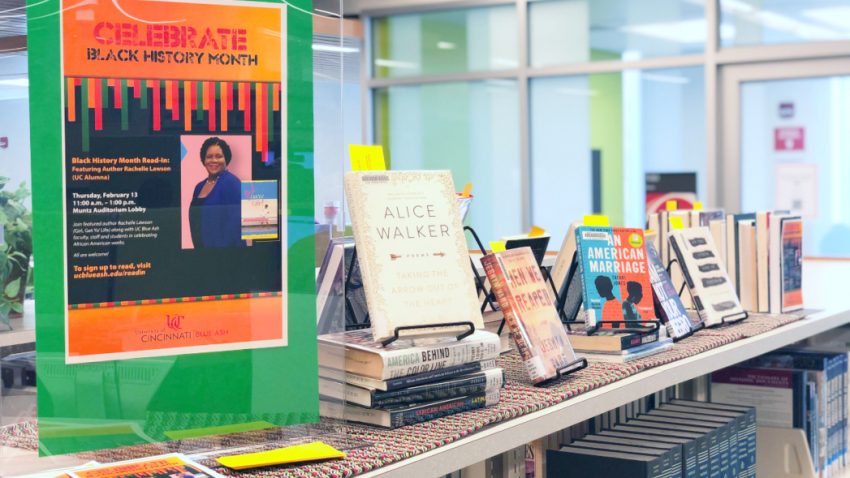
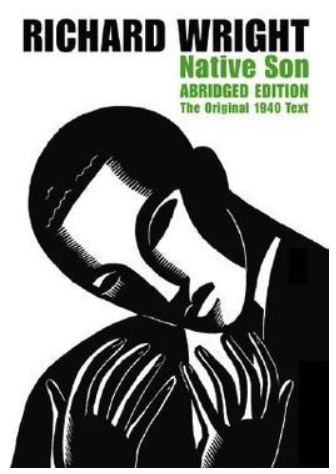
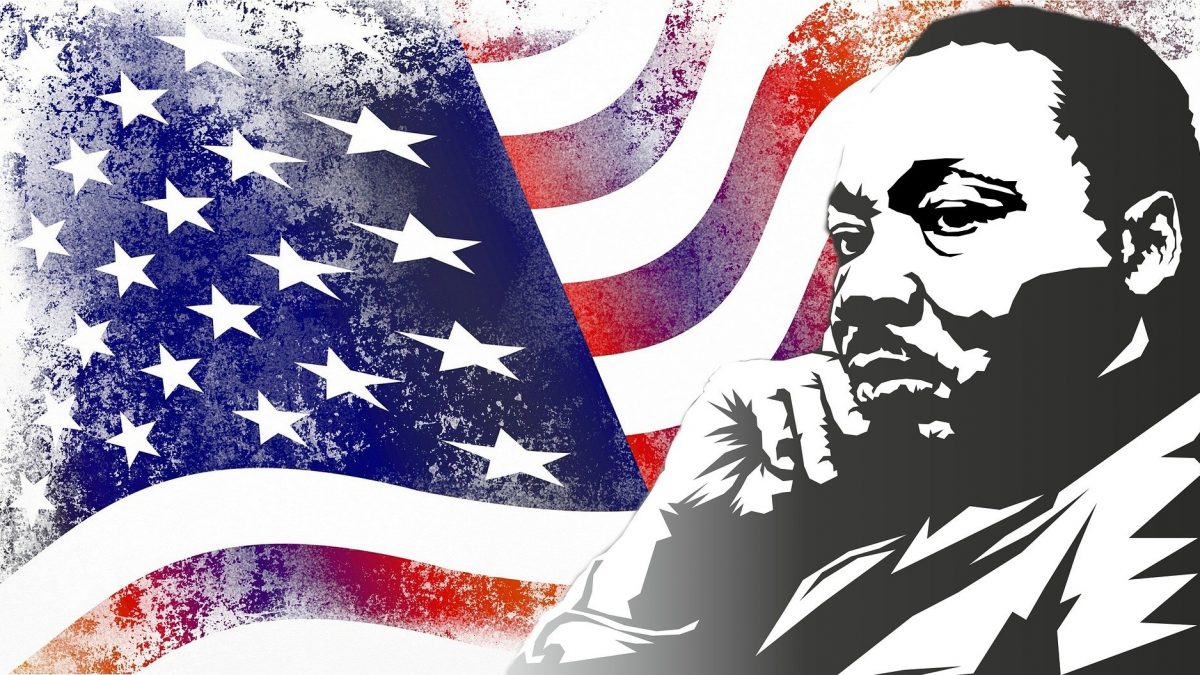



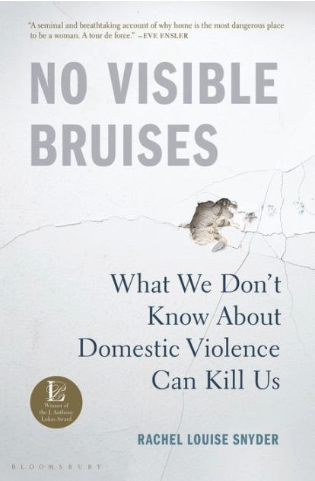
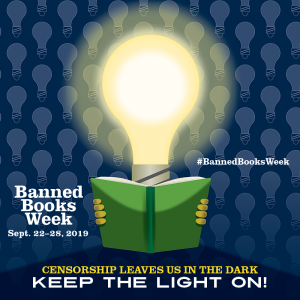 Your UCBA Library presents Banned Books Week is an annual event celebrating the freedom to read. Banned Books Week was launched in 1982 in response to a sudden surge in the number of challenges to books in schools, bookstores and libraries. It highlights the value of free and open access to information. Banned Books Week brings together the entire book community — librarians, booksellers, publishers, journalists, teachers, and readers of all types — in shared support of the freedom to seek and to express ideas, even those some consider unorthodox or unpopular. By focusing on efforts across the country to remove or restrict access to books, Banned Books Week draws national attention to the harms of censorship.
Your UCBA Library presents Banned Books Week is an annual event celebrating the freedom to read. Banned Books Week was launched in 1982 in response to a sudden surge in the number of challenges to books in schools, bookstores and libraries. It highlights the value of free and open access to information. Banned Books Week brings together the entire book community — librarians, booksellers, publishers, journalists, teachers, and readers of all types — in shared support of the freedom to seek and to express ideas, even those some consider unorthodox or unpopular. By focusing on efforts across the country to remove or restrict access to books, Banned Books Week draws national attention to the harms of censorship.